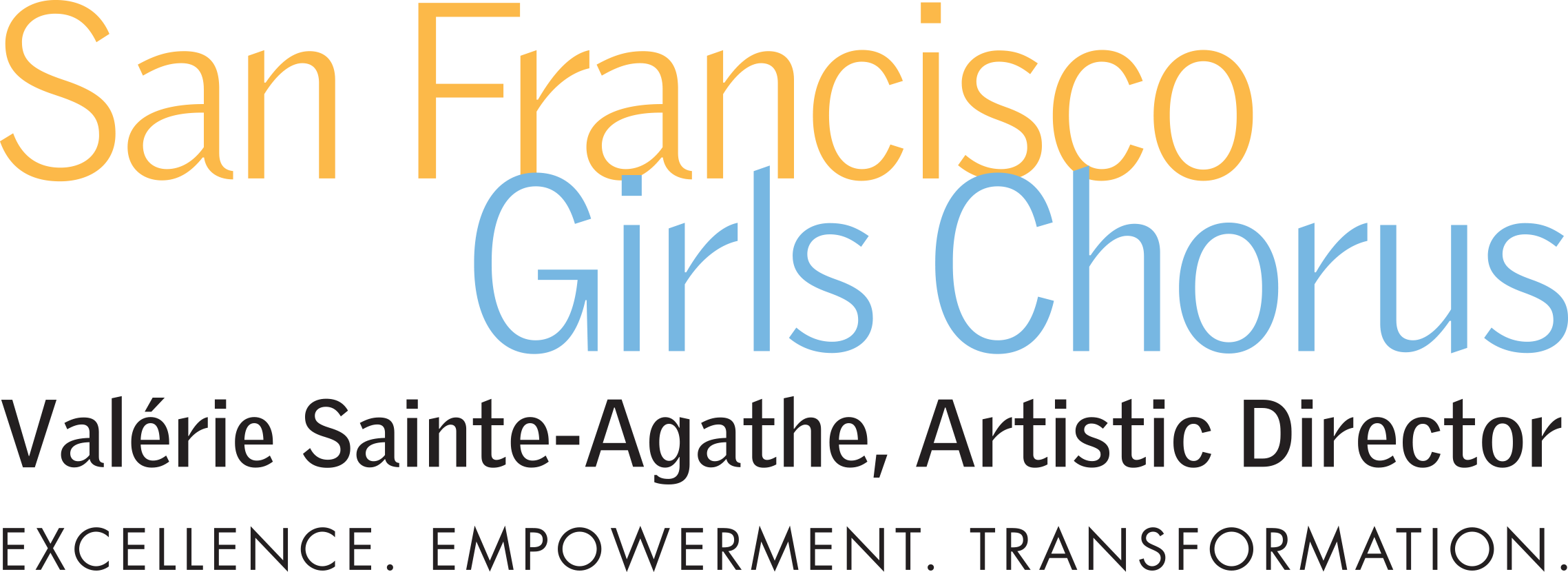Music and Politics
Hello SFGC Community and Compatriots!
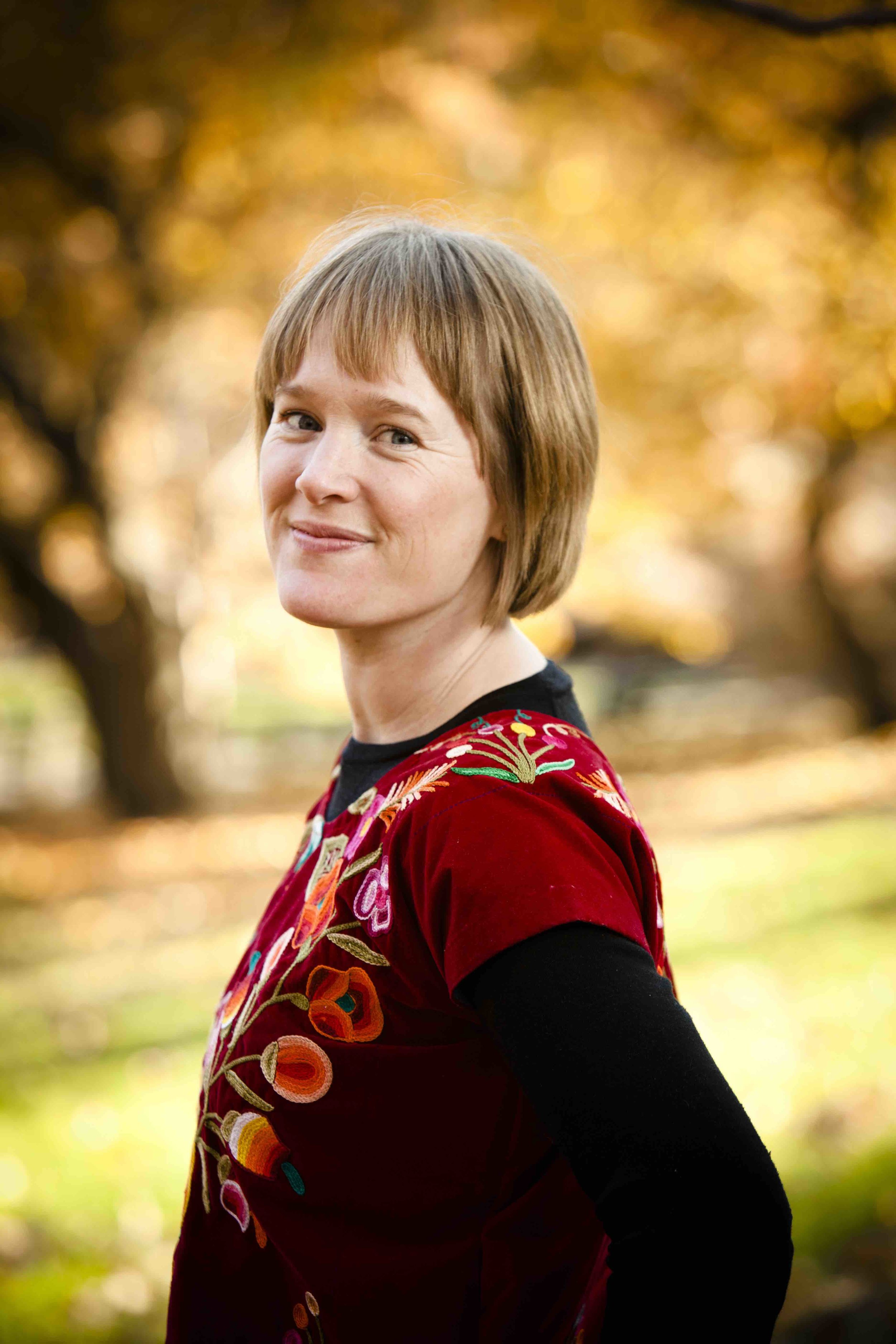
Here we are preparing for another presidential election and amidst the details of this primary season I am reminded of how much I care about politics and how my belief in an ideal and cohesive collective is shaped by my experience making music with others.
In fact, this interested me so much in my college years that my first major was College of Social Studies (CSS), an interdisciplinary major combining a regimented study of politics, government, economics, history, and social theory. I declared this major the spring of my freshman year and was immersed in classic writings (Marx, Hobsbawm, Keynes, Hobbes, Rousseau) that led me ever closer to
understanding why people do what they do when they are together. In fact, this interested me so much in my college years that my first major was College of Social Studies (CSS), an interdisciplinary major combining a regimented study of politics, government, economics, history, and social theory I declared this major the spring of my freshman year and was immersed in classic writings (Marx, Hobsbawm, Keynes, Hobbes, Rousseau) that led me ever closer to understanding why people do what they do when they are together. In the fall of my senior year, I proposed to study the politics and interactions of my own vocal ensemble performing my own compositions modeled after the work of Meredith Monk and her interdisciplinary performances for my thesis, I was told that this was not possible in CSS. So, I became a music major and formed my first ensemble and composed my first large choral work and I have continued my community building through music ever since.
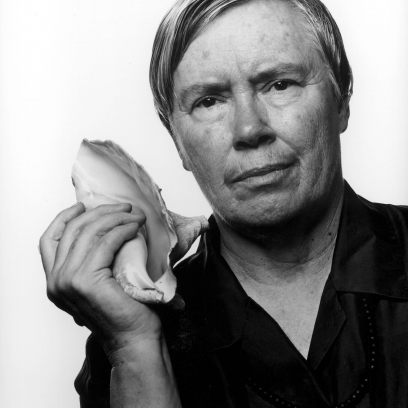
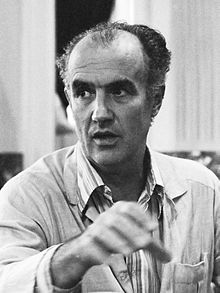
I was excited to continue this exploration of music and politics writing my master’s thesis,Composers: The New Revolutionaries. Here, I describe how the works of composers Luigi Nono, Meredith Monk, and Pauline Oliveros put forward a revolutionary way of listening, organizing pitch material, breaking through boundaries between artistic disciplines, and writing for and considering the unique attributes of each performer. The music that we listen to and that we perform has a political impact.
In the photo of Meredith Monk and her ensemble performing Dolmen Music, what do you notice about their body language? How do you think this influences the kind of music they are making?
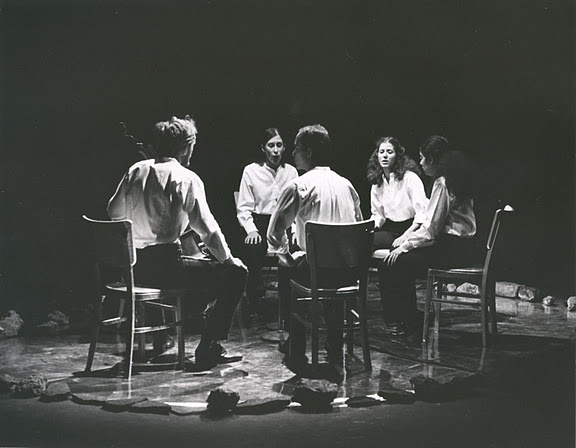
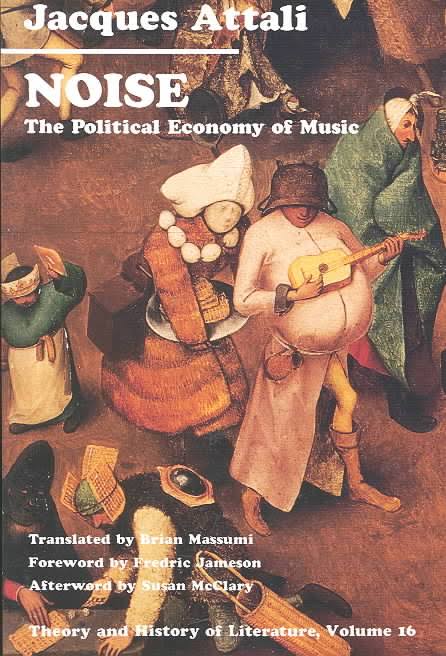 Jacques Attali, in his book Noise: The Political Economy of Music, suggests that before each major social revolution, the seeds of this change can be found in music and the ways in which people perform and compose music. If this is true, what does contemporary music say about where we are going? What do the new commissions that SFGC are performing say about our future? How do the ways that we rehearse these pieces demonstrate the politics of our choral ensemble?
Jacques Attali, in his book Noise: The Political Economy of Music, suggests that before each major social revolution, the seeds of this change can be found in music and the ways in which people perform and compose music. If this is true, what does contemporary music say about where we are going? What do the new commissions that SFGC are performing say about our future? How do the ways that we rehearse these pieces demonstrate the politics of our choral ensemble?
It is this last question that I am ever exploring. From my first ensemble in 1998, to now with my Women’s Chorus, Voci, the Holy Names University Chorus, and my work at San Francisco Girls Chorus, I am forever searching for the ideal political body that I believe can be found in a chorus. For me, this ideal politic is built on a musical education that supports critical thinking, independence, creative interpretation, composition, and more, an ability to listen and embrace difference.
This is important to me because I believe that music and musical ensembles is a place where change can happen and what is practiced in these small societies transfers to each member’s larger life. For example, when a chorister learns to sing her part bravely, even though everyone else is singing the wrong note, she is also learning to follow what she knows is right. Or, when a singer practices giving all of her passion and energy to a performance of newly commissioned pieces, she is practicing what it means to be fully engaged and committed. When singers are passionate and engaged together, they learn to expect this from all the people around them and it is contagious! When I hear my choir really listen to each other and create something beautiful together, I feel in those moments the potential for a more perfect union.
Sincerely,
Anne Hege Level IV Director San Francisco Chorus School
Check out this video of Meredith Monk and Theo Bleckmann (our commissioned composer for our June concert) performing “Hocket” from Meredith Monk’s “Facing North”. What does this piece say about the kinds of relationships that Meredith Monk is interested in exploring and what her ideal community looks like?
[embed]https://youtu.be/enbHYaF8Vas[/embed]
